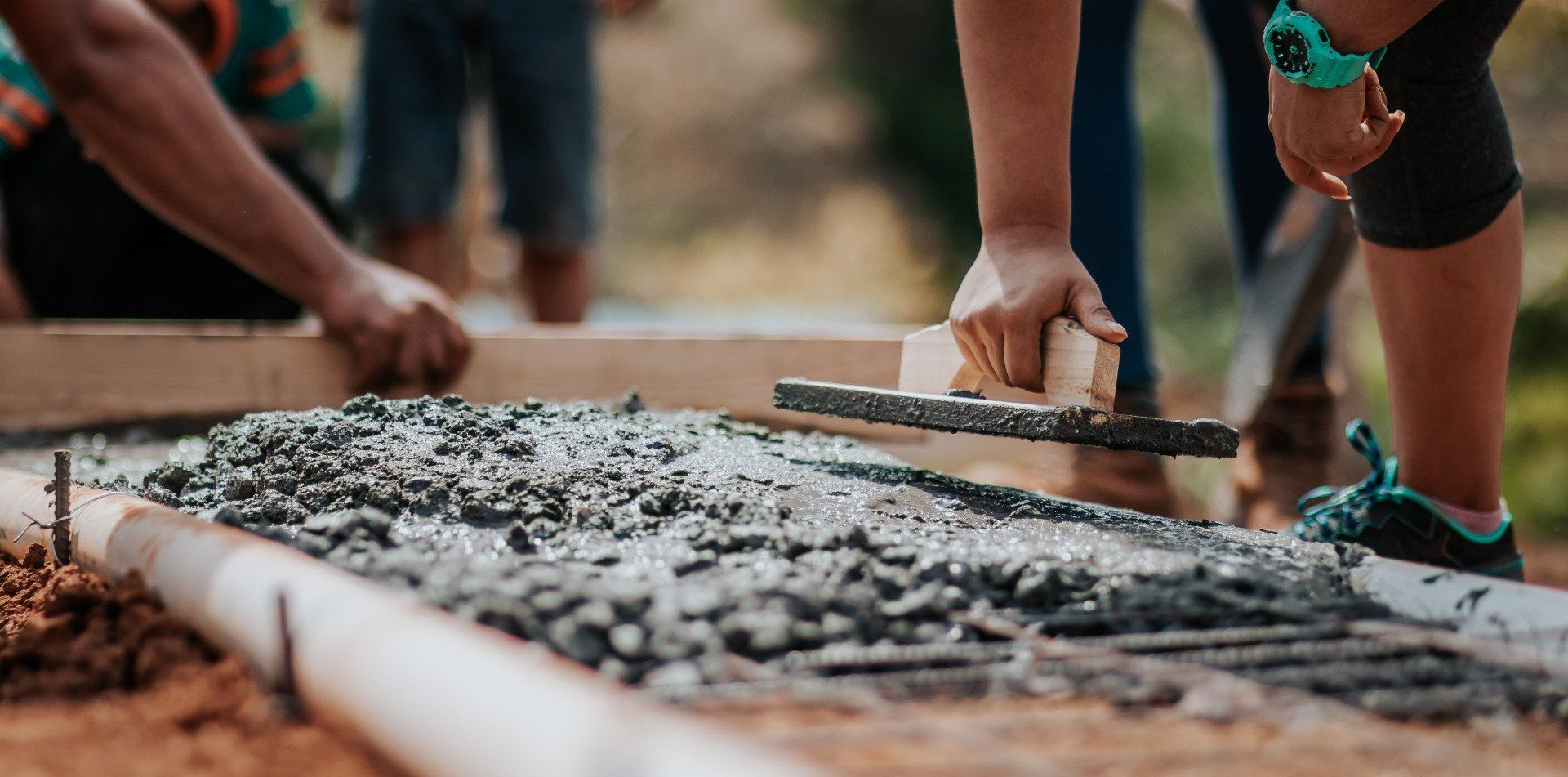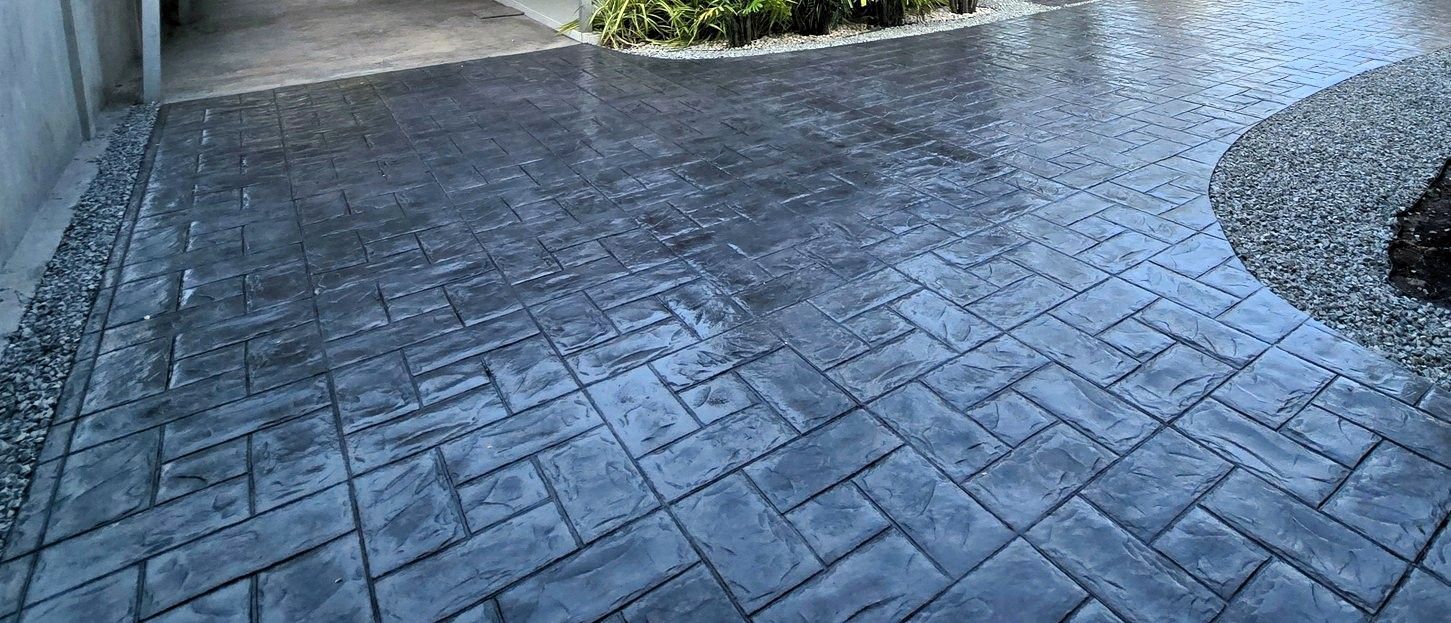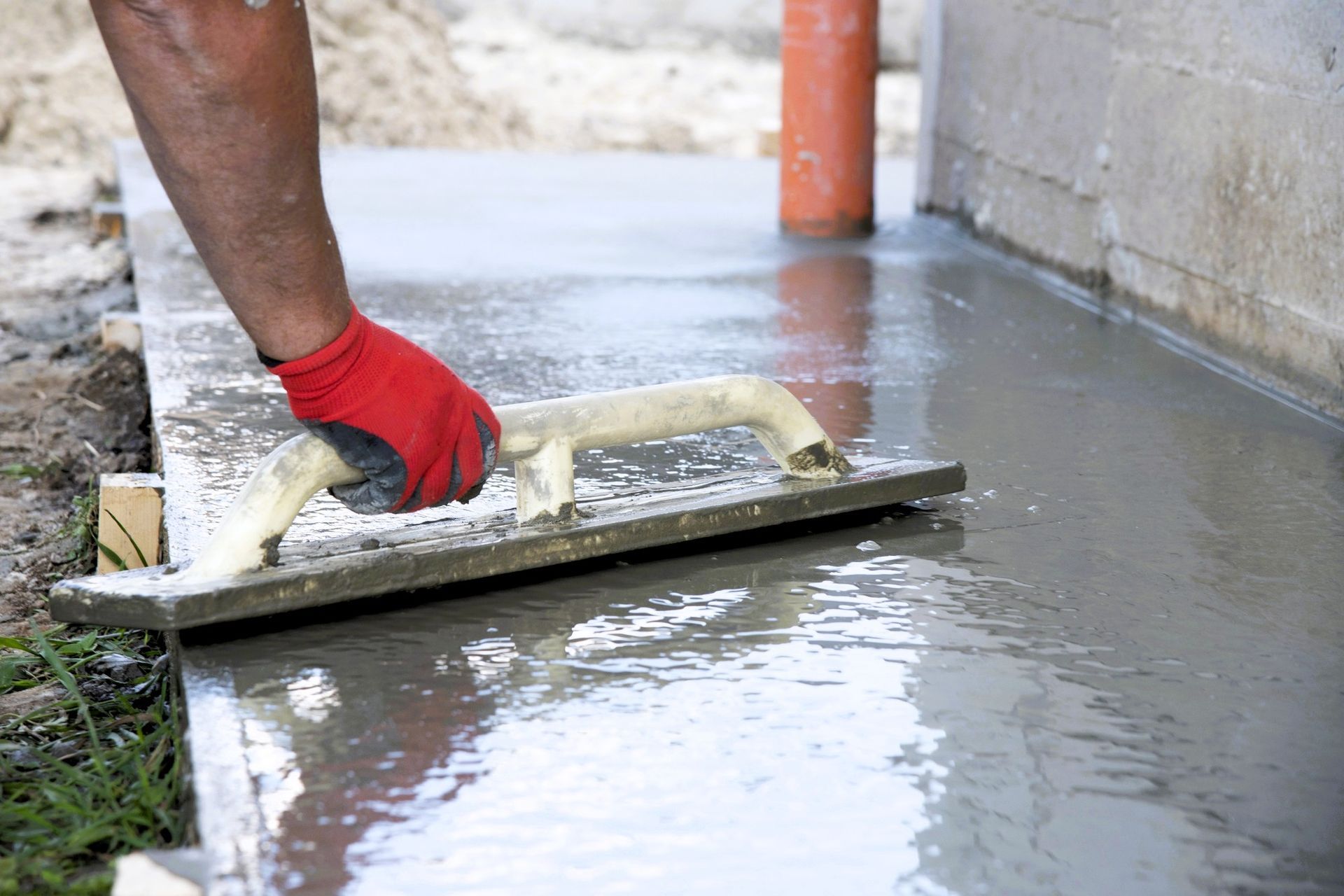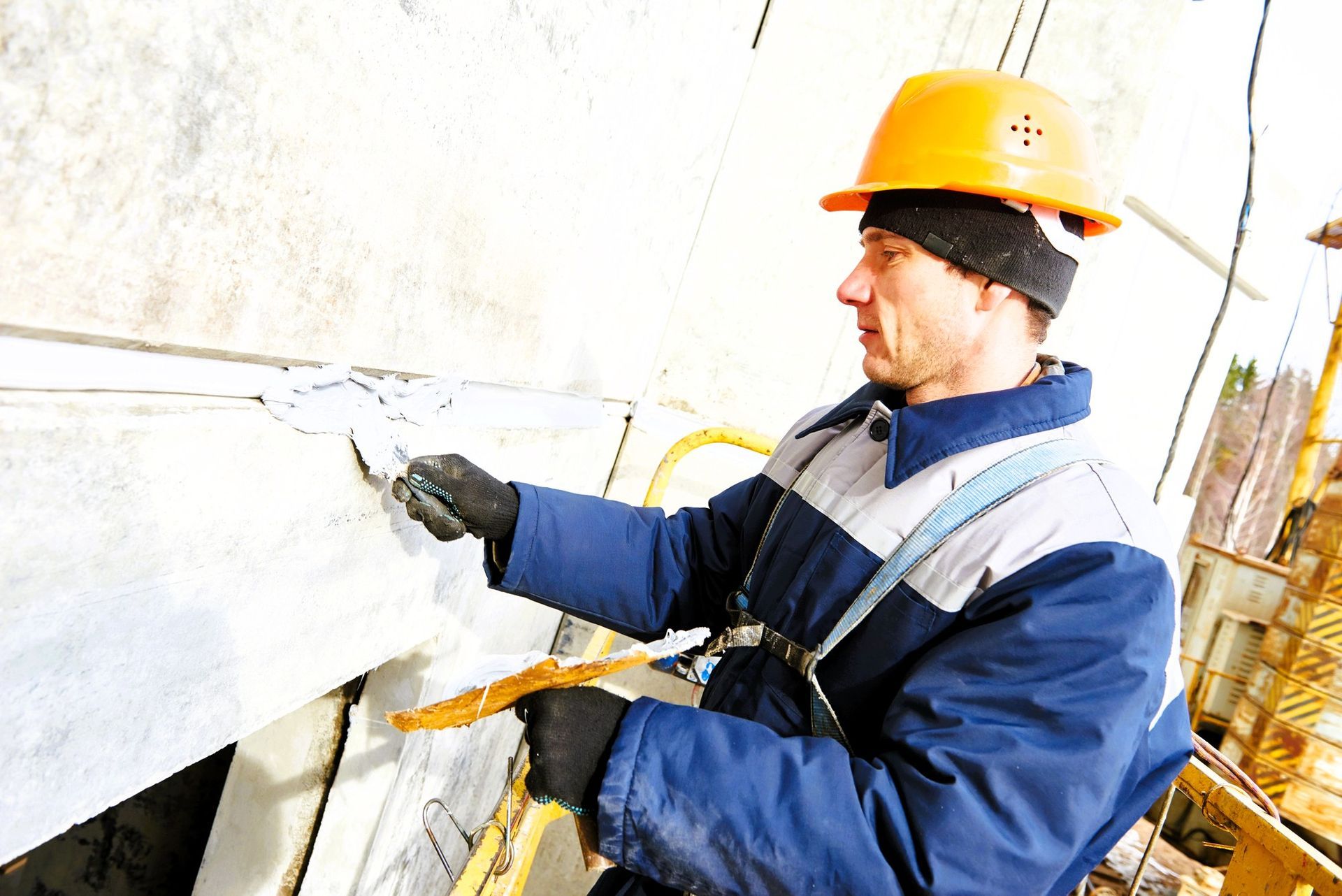Concrete vs Cement: Understanding the Difference

Have you ever wondered about the differences between concrete and cement when it comes to construction projects? While the words “concrete” and “cement” are often used interchangeably, they actually have different meanings. Cement is a binding substance that, when mixed with water and other materials, creates concrete – a material used for its strength.
The difference between cement and concrete lies in their composition and properties. Cement acts as the glue that holds the aggregate together, while concrete is the final product that results from mixing cement with aggregate.
Moreover, since concrete is made up of multiple components – including cement – it is more resilient than cement alone, making it an ideal material for the construction of foundations, walls, roads and bridges. It's important to consider these differences when selecting materials for your construction project.
The Basics of Concrete
- Mix Design: This involves combining the right amount of cement, water and aggregate to create a strong and durable mix.
- Hardening Process: After pouring and setting the concrete, it goes through a process called hardening. During this process, chemical reactions called hydration occur between the cement and water.This helps to create a strong bond between the components of concrete.
- Compressive Strength: The ability of concrete to withstand heavy loads is determined by its compressive strength, which is a crucial characteristic.This property grows stronger over time, giving concrete added durability and reliability.
- Durability: Its durability makes it an essential part of many infrastructure initiatives.
- Workability: The workability of concrete is determined by the water-cement ratio, aggregate shape and size, as well as admixtures used. It's a measure of how simple it can be to mix, spread and compress concrete.
- Sustainability: Utilizing recycled materials, like crushed glass or fly ash, can significantly increase the sustainability and environmental friendliness of concrete production.
To fully comprehend the advantages of concrete in construction, one must understand its fundamentals. These basics will be helpful for you to understand the essential material.
The Basics of Cement
- Raw Materials: The process of making cement involves combining different raw materials, including limestone, clay, and gypsum. The mixture is then heated to create a paste.
- Hydration: The process of hydration involves a chemical transformation wherein water molecules react with the primary constituents of cement, leading to the formation of hydration products or hydrates through the establishment of chemical bonds.
- Compressive Strength: Much like concrete, the compressive strength of cement determines its capacity to hold up under heavy loads. Although concrete is stronger than cement alone, it is also more expensive and harder to manipulate.
- Workability: When mixing cement with water, the mixture should be thick and easily spreadable in order to properly bind the components together.
When Should I Use Concrete or Cement?
Concrete is usually used for foundation work and major structural elements due to its durability and strength, while cement may be a better choice for smaller projects that require less robust material. No matter which option you choose, understanding the basics of both materials
Concrete VS Cement - What's the difference?
To sum up, there are clear differences between concrete and cement. If you want to build something strong and durable, like a building, use concrete.
Knowing the fundamentals of the two materials can assist you in making an informed choice for construction purposes.





